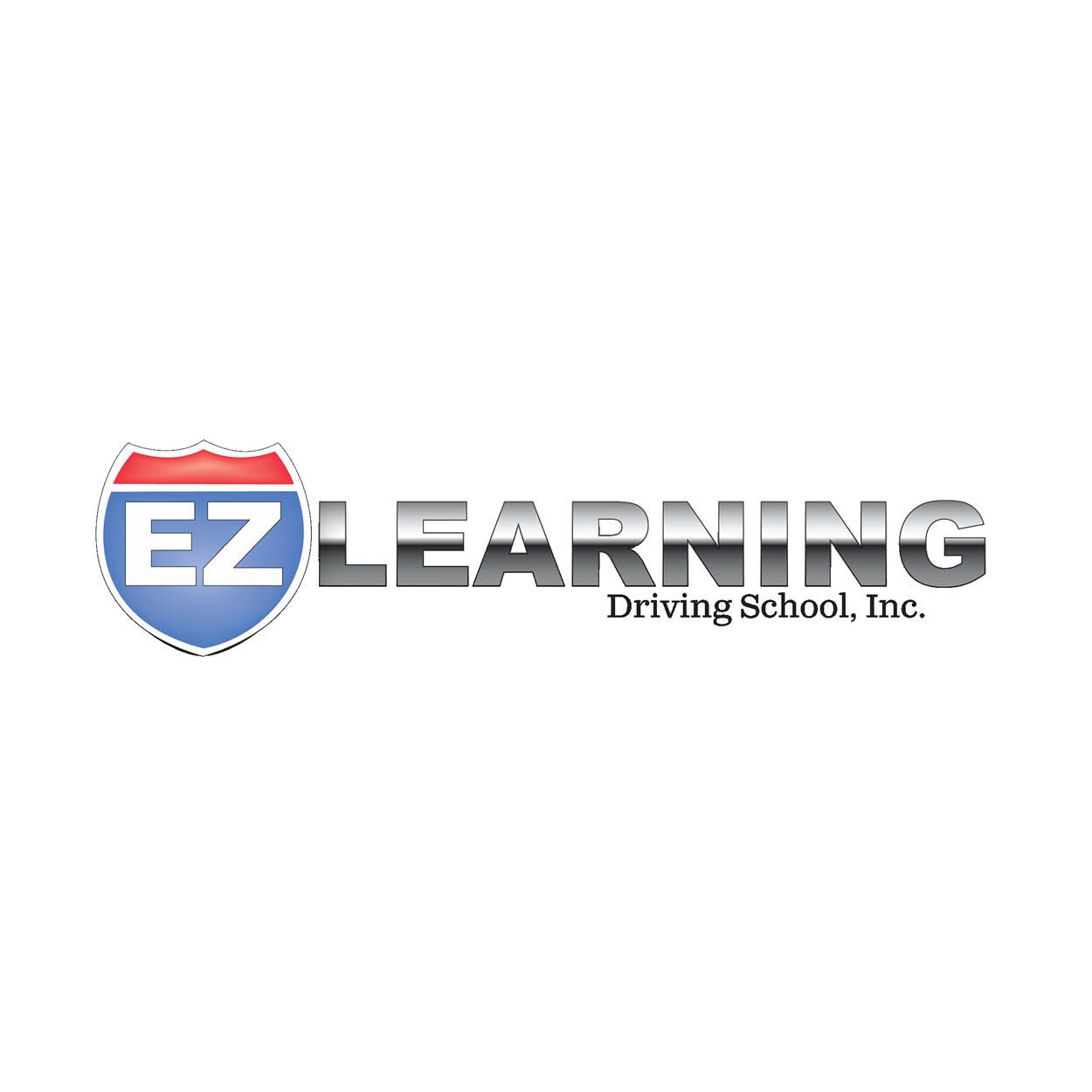Language and literacy development form the cornerstone of a child's educational journey
Language and literacy development form the cornerstone of a child's educational journey. It encompasses the ability to comprehend, communicate, and engage with the world around them through written and spoken language. The early years of a child's life are vital for laying the foundation of strong language and literacy skills, which are critical for academic success and lifelong learning. In this article, we will explore the importance of language and literacy development and highlight how it influences various aspects of a child's educational and personal growth.
Enhanced Communication Skills
Language development plays a pivotal role in enhancing a child's communication skills. From infancy, children begin to acquire language through exposure to sounds, words, and interactions with caregivers and their environment. As language skills progress, children become adept at expressing their needs, thoughts, and emotions, enabling effective communication with others. Strong oral language skills not only facilitate better social interactions but also form the basis for successful academic engagement, as children need to comprehend and articulate ideas effectively.
Foundation for Academic Achievement
Literacy development, which encompasses reading, writing, and comprehension skills, is the bridge to academic success. Proficient reading abilities enable children to access information, engage with diverse texts, and develop a lifelong love for reading. Additionally, writing skills empower children to express their ideas, thoughts, and creativity. With a solid foundation in literacy, children can better comprehend subject matter across all disciplines and actively participate in classroom activities. Language and literacy skills foster critical thinking, problem-solving, and analytical abilities, paving the way for academic achievement.
Cognitive Development and Learning
Language and literacy development contribute significantly to a child's cognitive growth. As children engage in language-rich environments, their brains are stimulated, fostering neural connections and cognitive processes. Language acquisition enhances memory, attention span, and the ability to reason and understand complex concepts. Exposure to books, stories, and vocabulary-rich environments boosts cognitive skills, imagination, and curiosity. Moreover, literacy skills enable children to access a vast array of knowledge, nurturing a lifelong thirst for learning and intellectual growth.
Empowering Self-Expression
Language and literacy development empower children to express themselves confidently and effectively. Through reading, children explore different perspectives, cultures, and experiences, broadening their understanding of the world. Writing provides an outlet for self-expression, allowing children to communicate their thoughts, emotions, and experiences in a meaningful way. Proficient language and literacy skills enable children to articulate their ideas, advocate for themselves, and engage in meaningful dialogue, promoting self-confidence, and self-awareness.
Social and Emotional Development
Language and literacy development play a vital role in a child's social and emotional growth. Effective communication skills help children build relationships, collaborate with peers, and understand and empathize with others. Reading books with diverse characters and themes fosters empathy, tolerance, and cultural understanding. Additionally, through stories and conversations, children learn about emotions, problem-solving, and social norms, enhancing their emotional intelligence and social skills.
Language and literacy development form the bedrock of childhood education, influencing various aspects of a child's development and shaping their future success. Strong language skills empower children to communicate effectively, while literacy skills unlock a world of knowledge and intellectual growth. It is crucial for educators and parents to create language-rich environments, promote reading, provide engaging learning experiences, and support children's language and literacy development from an early age. By investing in language and literacy skills, we lay the foundation for a brighter future, where children can express themselves, think critically, and participate actively in the world around them.











